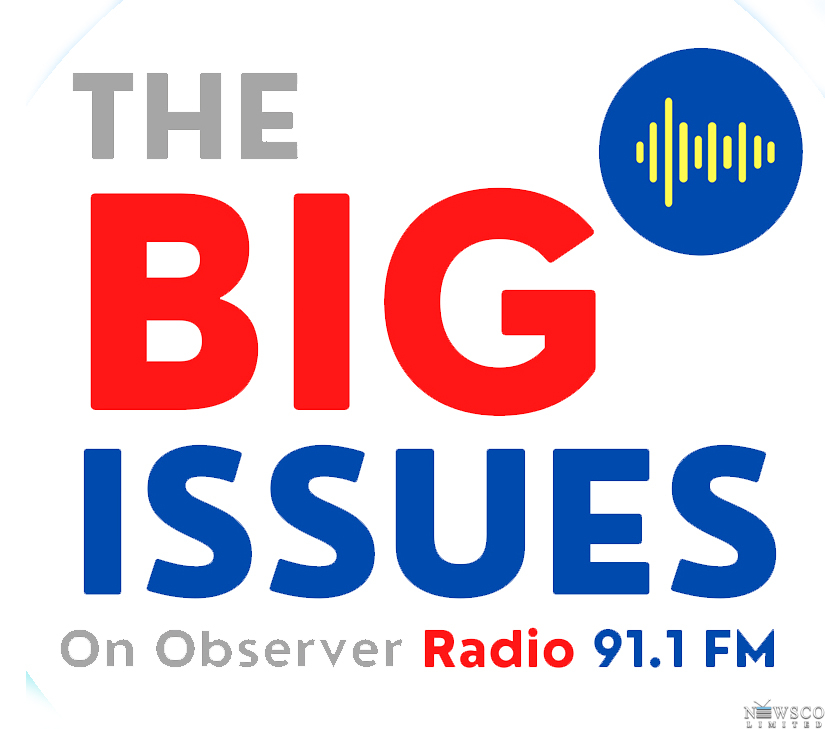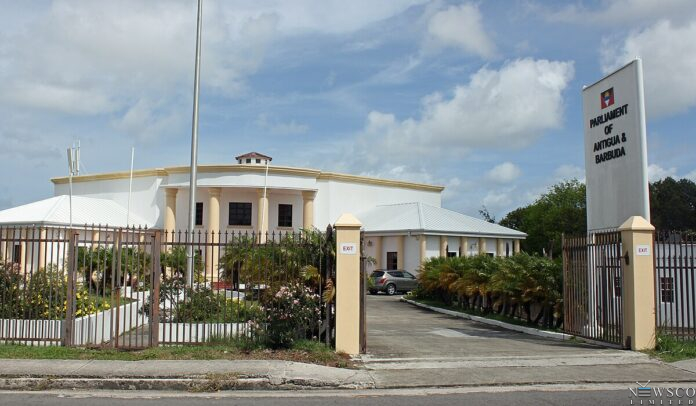
By Barbara Arrindell
By the middle of the 20th century, the Royal Subjects in these islands had become restless. To be more specific, the impoverished former slaves had had enough of abject poverty and being controlled by people who cared nothing about their wellbeing.
A bit more education, added to the common sense they always had in abundance, was among the few things that most could list as having acquired over the 100-plus years since their ancestors had been allegedly set free.
Mother England got tired of reports of unrest and cane fields set ablaze, so she sent out a man named Moyne to find out what the unruly peasants wanted. What would it take to get them to settle down and become good subjects?
Moyne reported that (surprise, surprise) the masses wanted better living and working conditions and things like a living wage. Some even seemed to want to be involved in managing their own island.
Okay, said Mother England, let them all have a hand in deciding who their internal leaders will be. And so, as a spin-off of all connected to the Moyne Commission, universal adult suffrage came into being for residents in time for Antigua’s 1951, December 20 election.
No longer did one have to own land to be eligible to vote. No longer did one have to be a man. No longer did one have to present something showing that you paid taxes and, even though most could now read and write, even that wasn’t necessary anymore. Everyone 21 years old or older was allowed to vote.
A newly formed organisation, the Antigua Trades and Labour Union, had plans to contest the election and so they set out to get supporters registered. A total of 6,886 people were eligible to cast their vote and 4,843 actually voted on December 20 1951.
They were voting for eight representatives, in a slightly different system.
Today, 73 years later, we each vote for one person who, once elected, we then call our representative or our Member of Parliament. Seventeen people represent 17 different groups of people based on geographic boundaries.
The question I posed to attorney at law, E Ann Henry KC, the Sunday before last was, what are the roles and responsibilities of an MP?
Using a green paper published in June 2023 by the office of the Prime Minister of Jamaica, Henry shared bits of information that should guide our expectations and hopefully the standards our representatives must live up to.
The green paper is a 16-page document easily found online. Half provides a job description for Members of Parliament and the other half a job description for Ministers of Government.
We focused on the former. In addition to pointing out the roles and responsibilities of MPs as law makers, it delves into the representative’s responsibility to the constituency and reminds elected representatives of ethics.
“This public role requires parliamentarians to be mindful that conduct in their role in their personal capacity must uphold and be seen to uphold integrity, dignity and professional stewardship befitting the public interest.”
Here are some of the key responsibility areas listed in the green paper:
- Review and pass legislation to provide an up to date and relevant set of laws for the country;
- Adhere to the standing orders of the House of Representatives;
- Protect the integrity of and promote public confidence in the office of member of parliament through befitting conduct;
- Represent the interests of the constituency at all appropriate levels and participate in relevant constituency activities;
- Provide leadership to constituency and the constituency office;
- Seek intervention to support the development of community infrastructure;
- Develop and maintain channels of communication to receive and address concerns of constituents for which the government has responsibility;
- Implement systems to efficiently manage the constituency office.
As a nation we continue moving towards a path that we hope will lead to good governance. At this time a pay raise to parliamentarians dominated the big stories for a few days and remains relevant until issues surrounding it are resolved.
With this in mind, Big Issues listeners can look forward to a follow-up discussion that will look at the role of the Leader of the Opposition and the responsibilities of a Prime Minister.

